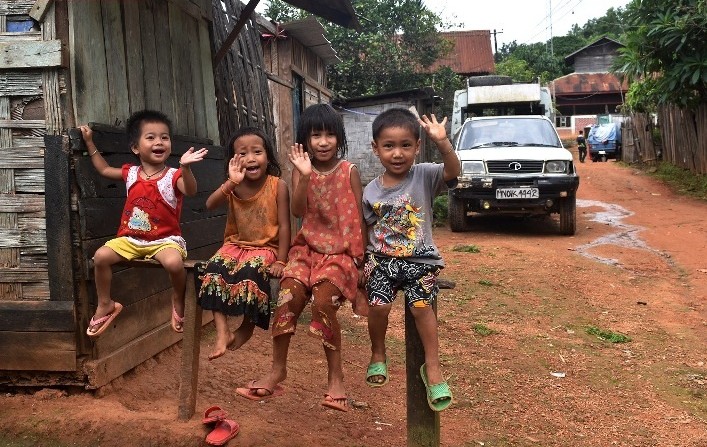The previous year, we witnessed the phenomenon of ‘Ho yahaa hey’, an instant hit in the popular cultures enveloping the Manipuri subjectivity, on the internet, nooks and corners of every locality, relief camps for the IDPs from the ongoing unresolved conflict, gatherings of Manipuri diasporas far away, concerts, school functions in which some establishments even using the rhythm as rhymes for kindergartens, in musical gatherings that were being held in units of Arambai Tenggol and even in college fresher’s meets outside the state.
Khaba Maimom’s ‘Kwatha Pham Kaaba (The Great Kwatha Accession)’ is a fair success undoubtedly, a fresh perspective to film making in the region, the way in which a documentary film has been appreciated by a larger audience beyond the usual smaller group of audience with interests in documentary cinema is something new that has been observed when the film got screened in Imphal as well as outside Manipur, I also attended a special Delhi screening back in January, in which I was utterly disappointed, not in the film but how no one in the panel discussion that preceded the screening pointed out the fact that the sacred ritualistic hymns of the Kwatha people have been used in mass in a way the Kwatha people may not even like.
We need to reconsider ‘who’ represents and ‘how’ the voices of the marginalized are being represented. In a short conversation I had with Khaba Maimom after the screening, on being questioned on how the subjects of Kwatha responded about the craze of ‘Ho yahaa hey’, he also hinted that they have not been okay with how their culture, their ritualistic hymn has been appropriated and utilised in the faraway stretched valley. There is a need for an addressal regarding this very evident exoticisation of these cultural imprints that belongs to the marginalized minorities, the growing radical revivalism in the region should be checked upon for the free pass that it is giving to the ‘influenced’ mass on the idea of being a Meitei.
The Imphal elitism is based on the ignorance of these ‘othered’ communities, because of the nearness to administrative strategies, infrastructural hegemony and connectivity, evident in how some kindergarten schools and rhymes training institutes have exoticized the song of the Kwatha people which is a ritual song for them during an accession ceremony of the village leaders, it is a disrespect to the cultural essentialism of the voiceless.
One should also remember the layered nature of accessibility to representations, globalization has touched most of us but the extent or the degree to which it touches an individual also depends on the purchasing power one has, this differences within the Kwatha community may also hint different perspectives on how their ways of being represented appeals to them. The greater disappointment is the guiltless attitude of those who are exoticizing these hymns. When an external exposure has been facilitated, it is also imperative that the middlemen should also be mindful about how that exposure affects the othered. It did bring in positive aspects through that exposure, but realistically asking, who has cared much about this community before? And who are the ones that have been appropriating this community’s culture? The answer is left to your reflection of the problem.

The writer is pursuing a Masters course in Development Studies at the Ambedkar University, New Delhi.











